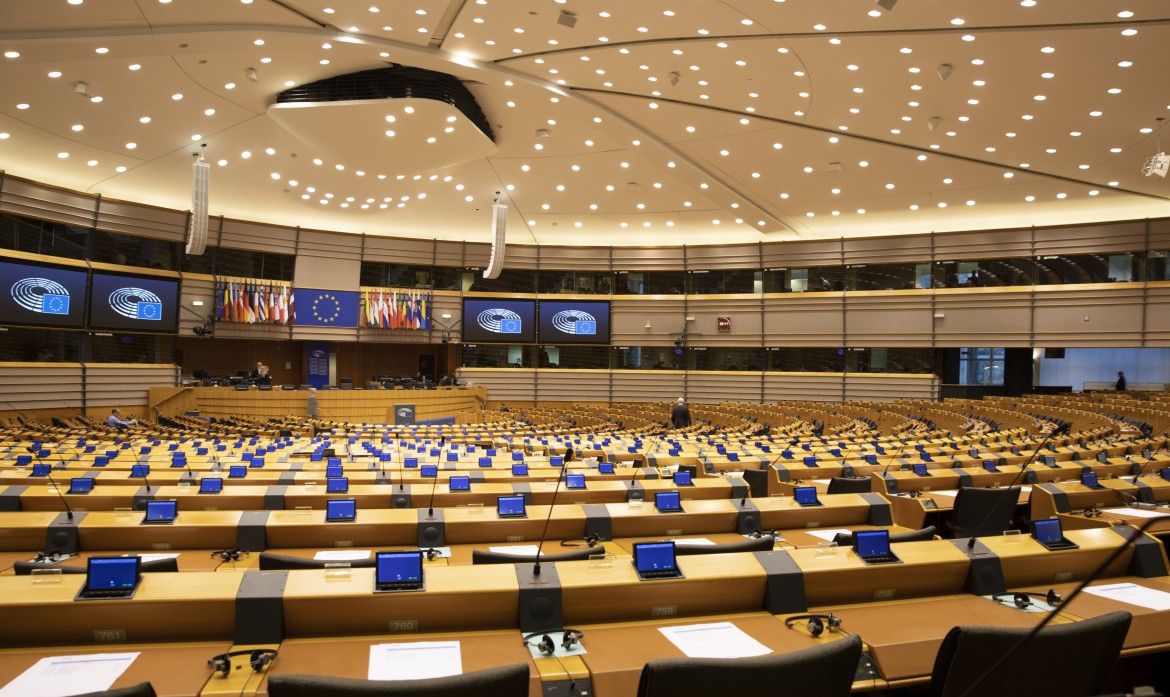Analysis
Europe grapples with new state of emergency decrees
We may be stopping the virus, but are we killing democracy in the process? Hungary’s Orbán has finally become the dictator he always wanted to be.

According to the Council of Europe, an organization dedicated to upholding human rights, “an indefinite and uncontrolled state of emergency cannot guarantee that the basic principles of democracy will be observed.”
The European Parliament expressed its “concern” and asked the Commission to “assess if the proposed [Hungarian state of emergency bill] complies with the values enshrined in Article 2 of the Treaty on European Union.”
The UN High Commissioner for Human Rights also said that it was “following with concern” the bill establishing a state of emergency without any time limitations imposed by Viktor Orbán.
Nine Hungarian press freedom organizations have asked EU leaders to oppose the draft law which sets out a penalty of five years in prison for those who are found to have spread “false news” about the virus or government measures.
Is the fight against the virus dealing a deathblow to democracy?
This debate is not just about Hungary: Orbán has always seen himself as part of the vanguard, ever since the days of the fight against migrants.
In Bulgaria, a law similar to the Hungarian one on the restriction of the freedom of the press has been blocked for now. In the EU, many countries have voted to enact a state of emergency, but always a temporary one. In Belgium, Prime Minister Sophie Wilmès now has special powers, without having to consult the Parliament. In Poland, there is already a state of semi-emergency, the only limiting factor being the upcoming presidential elections in May.
In France, after establishing a state of health emergency and restricting freedom of movement since March 16, on March 23 the state of emergency was included in the public health code and the powers of the prime minister were extended on the basis of a law originally passed during the time of the Algerian war. The law of March 23 was voted through quickly during the weekend, and the Constitutional Council ruled that the “special circumstances” of the health crisis justified a derogation from Article 46 of the Constitution, which requires a period of at least 15 days between a bill being introduced and being voted on in Parliament.
In the meantime, some labor rights have been suspended or modified (it is now possible to work up to 60 hours a week in the country of the 35-hour work week). For the moment, the state of health emergency is expected to last for two months, but the precedent set by the previous response to acts of terrorism is worrying: in 2015, a state of emergency was proclaimed for one month, then extended six times, and in the end many of its aspects were enshrined into law in October 2017.
In Spain, the army has been granted police powers. In the UK, there are fines for people gathering “without reasonable excuse,” and in Derbyshire it is now possible to use drones to find people who are walking around without justification in the Peak District. Geolocation is also being used in Germany, where the Parliament has, however, obtained civil rights guarantees.
In Denmark, too, there has been a fight against the proposed state of emergency regulations that would have allowed the police to enter the homes of people suspected of being infected. The only ones not going down this path are the Netherlands and Sweden.
There is no general lockdown in the Netherlands because, the authorities argue, it would be impossible to impose it due to the respect for individual freedoms. In Sweden there are only recommendations from the public health agency, while the government cannot impose mandatory measures due to the limitations set by the Constitution.
Originally published at https://ilmanifesto.it/leuropa-alle-prese-con-lo-stato-demergenza/ on 2020-03-31
